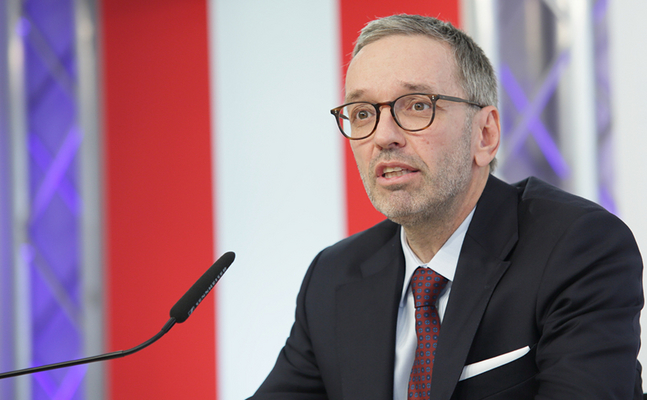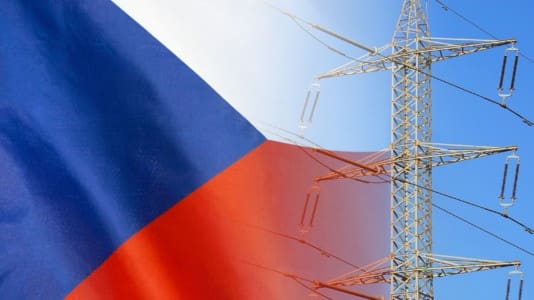As Europe faces the twin challenges of an economic and immigration crisis, parties across Europe known for their strong stance against mass migration are seeing a massive boost in popularity, and Austria is no different. Now, a new poll shows the conservative Freedom Party of Austria (FPÖ) tying for the top spot for the first time since 2017.
This summer, the left-wing SPÖ was still leading in all the polls by up to 8 percentage points, but the party is currently suffering a substantial drop in support, according to a wave of new polls, including one from the Lazarsfeld Society which shows the FPÖ party, led by Herbert Kickl, is now tied for first place with the SPÖ at 26 percent. In second is the conservative ÖVP at 21 percent, which currently rules the country in a coalition with the Green Party, which is at 11 percent.
[pp id=50057]
It is also not the only poll showing the FPÖ jumping in popularity, with Politico’s poll of polls putting the FPÖ within two points of the SPÖ.
As Remix News previously reported, the left-wing SPÖ performed poorly in regional elections in Tyrol, while the FPÖ outperformed, with the results there serving as a bellwether for the rest of the nation. However, since that vote last month, the immigration crisis facing the country has only worsened, and the parties in power have shown that they have few solutions to halt uncontrolled immigration into the country.
“Austria is currently heavily burdened by illegal migration. The contribution that we are making in Europe is disproportionately high. The EU’s migration policy has failed. There is still no strong protection of the European Union’s external borders, and the reality of the problem is being ignored,” the ÖVP leader, Austrian Chancellor Karl Nehammer, said earlier this month to Austrian newspaper Kronen Zeitung.
[pp id=51557]
Austria had already received more than 56,000 asylum applications as of August and experts expect a new record of applications this year, even dwarfing the refugee crisis in 2015 and 2016.
FPÖ is only major party against Russia sanctions
However, it is not only the migrant wave that is driving support for the FPÖ. The party has been aggressively calling for an end to sanctions on Russia, even demanding a referendum on ending all sanctions be held.
“It’s finally time to appear in the EU and say: These sanctions harm us much more than Putin. Our people have to foot the bill for them,” said deputy FPÖ chairwoman Dagmar Belakovich in the plenary session of the National Council.
The party’s leader, Herbert Kickl, has also pointed to the absolute necessity of Russian energy for Austria’s households and businesses. Inflation surged to 10.5 percent in September, mostly due to soaring energy prices.
“If you were honest, you would have to say to the population: We can’t do without this Russian oil and gas for a long time,” said Kickl. “We need this cheap energy for households, for heating, for cooking, for hot water, for manufacturing companies.” He has argued that the government cannot compensate for this.
In another worrying sign for the ruling government, 40 percent of Austrians want new elections, with only 20 percent of those surveyed currently considering the government’s cooperation to be “stable and good.”
The Alternative for Germany (AfD) in Germany has seen a similar bump in its polling numbers over the same issues of migration and sanctions, although its rise has not been as quite as dramatic. The FPÖ ultimately faces fewer obstacles to power in Austria, with far more support from the populace as well as a history of governing in coalitions in the past.





